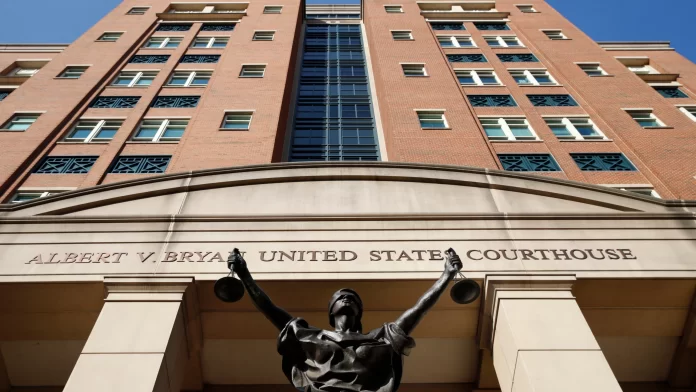A US Federal Judge has blocked the first-ever law severely restricting drag shows. The ruling came just houses before it could become effective. The ruling came from a lawsuit filed by a political group that claimed that the statute violated the First Amendment.
The Federal Judge ruled after Friends of George’s, a Memphis-based LGBTQ+ theatre group based in Memphis filed a federal lawsuit against the state of Tennessee and Steve Mulroy, the Shelby County Dist. Attorney.
Thomas Parker, the Federal Judge, dispensed the provisional injunction following a hearing of both parties to the dispute on Thursday. The judge declared that the Tennessee administration had failed to come up with a persuasive argument in favor of a new law in Tennessee. The judge also ruled that the statute was overly broad and vague.
Federal Judge Parker Said That AG Office Failed To Give A Clear Purpose Of The New Law
Federal Judge Parker ruled that the Attorney General’s office had failed to come up with a clear answer on the purpose of the Tennessee law despite existing obscenity laws.
The word “drag’ isn’t part of the new Tennessee law. The Federal Court ruled instead altered the explanation of adult cabaret in the state to mean any adult-oriented performance deemed harmful to children and minors.
Further, impersonators are instead a new form of adult cabaret. It now is similar to strip dance, go-go, exotic dance forms, and topless performances.
The law would have banned any form of cabaret performance from every public property or other places where minors might frequent. law-breakers would be charged with committing a misdemeanor or even a felony for repeat offenses.
The initial complaint declared that the law forbids any form of dancing by a drag artist in a crop top or mini-skirt. But this law would not bar a Titans’ cheerleader from an identical dance in the presence of a child.
The Federal Judge also expressed concerns over agreeing with the argument by the group that the act was majorly broad. They questioned the location of any cabaret entertaining venue that could be accessed by minors.






